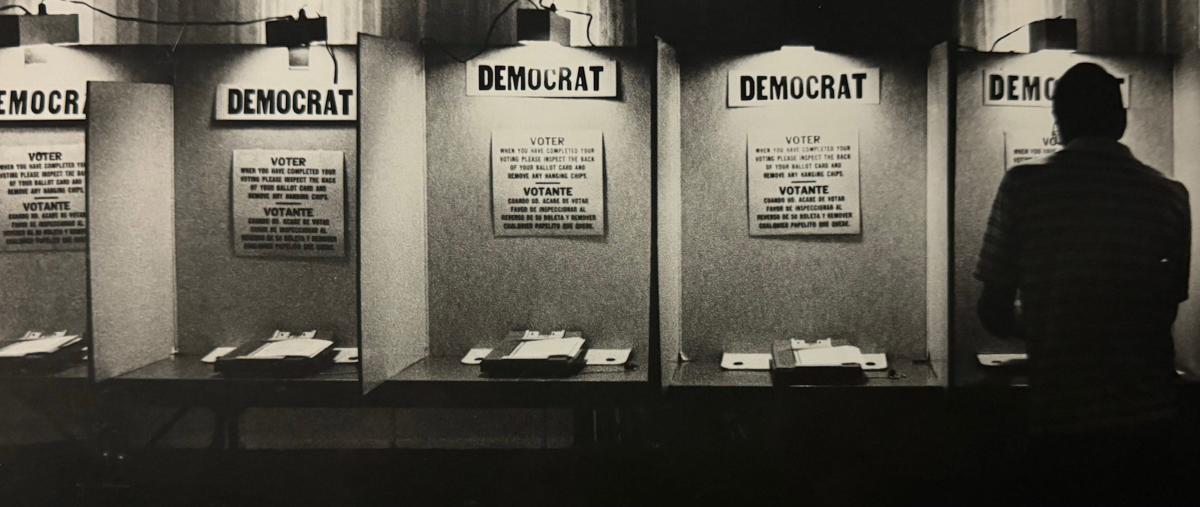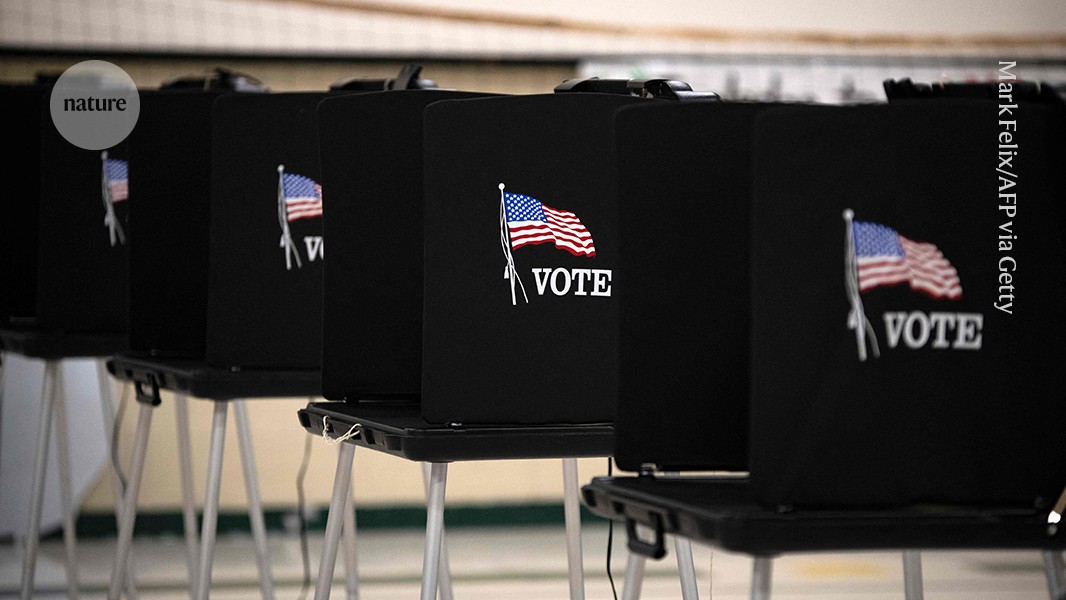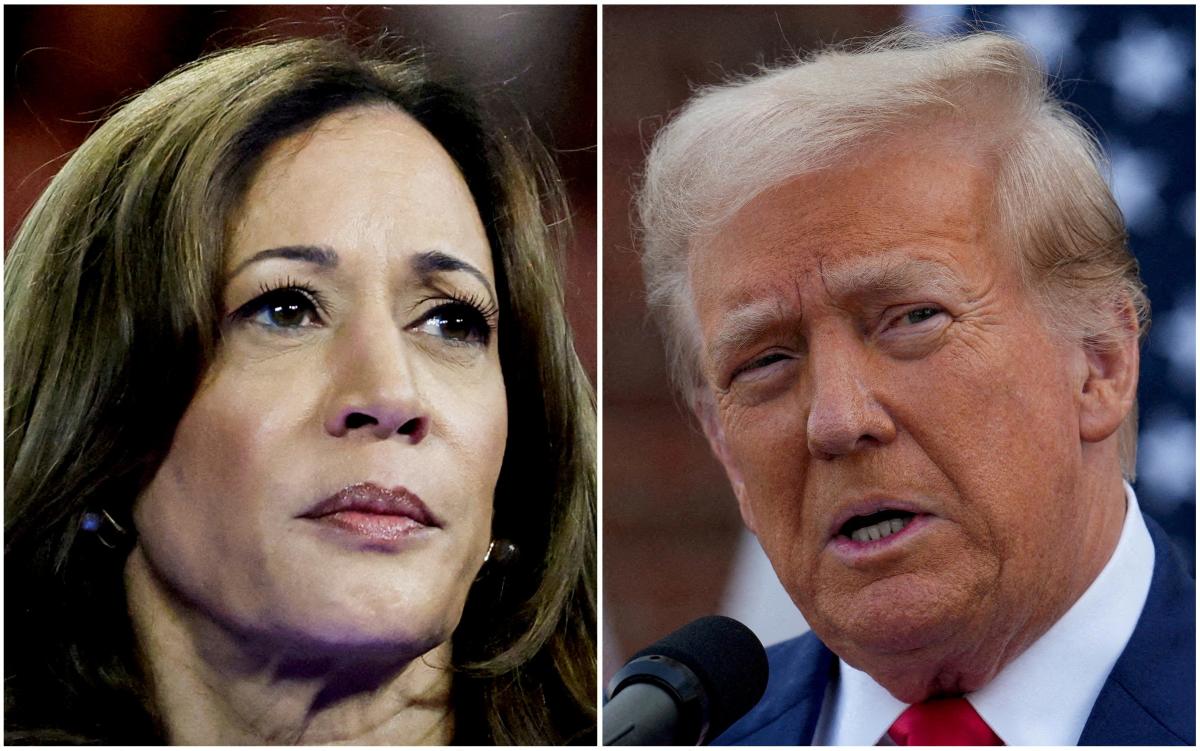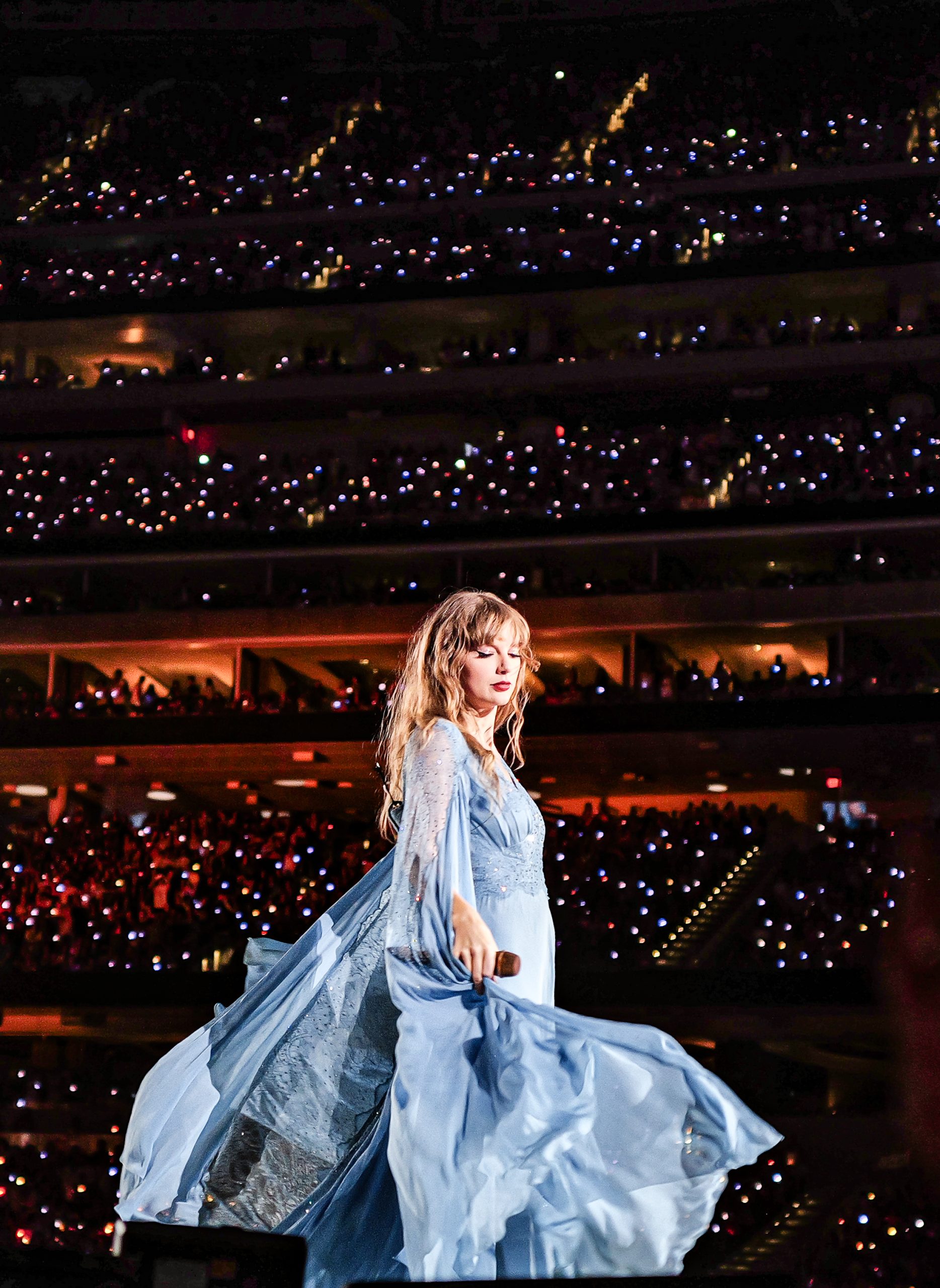Special Counsel Jack Smith’s recent filing to the D.C. District Court in the Trump v. United States presidential-immunity case both fleshes out and sharpens the evidence of Donald Trump’s sprawling criminal conspiracy to overturn the 2020 election. To understand the filing’s larger significance as well as its limitations, we must first review a bit of recent history.
In its shocking decision on July 1 to grant the presidency at least presumed immunity from criminal prosecution for all official acts, the Supreme Court’s conservative majority showed once again that it was intent on immunizing one president in particular: Donald Trump. The Court majority’s decision, delivered by Chief Justice John Roberts, was explicit. It held, for example, that Trump’s alleged efforts to pressure then–Vice President Mike Pence into voiding the 2020 election results on January 6 constituted “official conduct” from which Trump “is at least presumptively immune from prosecution.” That presumed immunity, the Court contended, would disappear only if the prosecution could convince the courts that bringing the case to trial would pose no “dangers of intrusion on the authority and functions of the Executive Branch.”
The Court thus remanded the case back to the D.C. District Court to decide the matter, along with the question of whether Trump is actually immune to the rest of the charges against him. How, though, could the prosecution of a president or former president over an “official act” fail to intrude on presidential authority? Seemingly, anything pertaining to Trump’s contacts with the vice president as he presided in his constitutional role as president of the Senate—as well as Trump’s contacts with the Department of Justice, which the Court also singled out and which the prosecution, significantly, felt compelled to omit from its revised indictment—deserves, as the Court sees it, virtually ironclad protection, a powerful blow against the entire January 6 indictment.
Although the sweeping outcome of Trump v. United States took most legal commentators by surprise, its protection of Trump was completely predictable given the Court’s previous conduct regarding the January 6 insurrection. The refusal of Justices Clarence Thomas and Samuel Alito to recuse themselves from any matter related to the insurrection, despite their own conflicted positions—Thomas due to the direct involvement of his wife, Ginni Thomas, in the subversion; Alito because of his flag-waving support of Trump’s election denials—has received the most public attention concerning the Court majority’s partisan partiality. But another set of telltale signs becomes apparent after a closer tracking of the Court’s decision making.
Almost as soon as the case against Trump came before D.C. District Court Judge Tanya Chutkan, the Supreme Court played along with the Trump lawyers’ efforts to delay the trial until after the November 2024 election. First, after Chutkan ruled against Trump’s absolute-immunity claims in December 2023, Special Counsel Smith asked the Supreme Court to expedite matters by hearing the case immediately, not waiting for the U.S. Court of Appeals to rule on Trump’s appeal of Chutkan’s decision. The Supreme Court refused. Two months later, though, when the appeals court ruled against Trump and set a new trial date, the Supreme Court dragged its feet for as long as possible before announcing that it would take up the case after all. It then set the date for oral arguments as late as possible, at the end of April. This meant that even before hearing the case, the Court made it highly unlikely that Trump’s trial would proceed in a timely manner, effectively immunizing Trump until after the election.
Although radical in its long-term reconstruction of the American presidency, the ruling more immediately affirmed and extended the Court’s protection of Trump from prosecution. By remanding the case to the D.C. Circuit Court to decide what in the indictment constitutes official (and, therefore, presumably immune) conduct, the justices guaranteed that no trial would occur until after Election Day. After that, meanwhile, should Trump win the election, no trial would occur at all, because he would certainly fire Smith and shut down the proceedings.
Smith’s filing tries to slice through the Court’s security shield regarding the insurrection. Skillfully quoting from or alluding to language in the Court majority’s own opinion, the filing demolishes the notion that Trump’s activities, culminating on January 6, deserve immunity. Outwardly, Smith’s filing respects the Court’s dubious ruling about the immunity of official presidential acts. Legally, Smith had no choice but to operate within that ruling, a fact that sharply limited how far his filing could go. But even though it never challenges the conservative majority directly, the filing makes a case, incontrovertible in its logic and factual detail, that the core of Trump’s subversion involved no official actions whatsoever. It persuasively argues, with fact after fact, that Trump was the head of an entirely private criminal plot as a candidate to overthrow the election, hatched months before the election itself.
In remounting his case, Smith has taken the opportunity to release previously unknown details, some of which he says he doesn’t even plan to present at trial, that underscore the depravity as well as the extent of Trump’s criminal actions. Consider, for example, Smith’s telling of Trump’s reaction to the news from one of his staff, at the height of the violence on January 6, that his tweets attacking Pence had placed Pence’s life in extreme danger. “So what?” Trump reportedly replied. He had clearly intended for his tweets to reach the mob at the Capitol. His nonchalance about the vice president’s life epitomizes the lengths to which he would go to complete his coup d’état.
But the real force of Smith’s filing is in its tight presentation of the evidence of a criminal conspiracy in minute detail, dating back to the summer before the 2020 election, when Trump began publicly casting doubts on its legitimacy should he not be declared the winner. “The only way they can take this election away from us is if this is a rigged election,” he told the Republican National Convention in his nomination-acceptance speech in August 2020.
From that point forward, Trump was at the center of every effort to keep him in power, even once he was fully aware that he had no grounds to contest Joe Biden’s victory. There were his private operatives sowing chaos at polling places and vote-counting centers, the scheming to declare victory on Election Night before the results were in, the bogus legal challenges, the fake-elector fraud, the plot to deny official certification by Congress on January 6, and finally the insurrection itself. “It doesn’t matter if you won or lost the election,” one witness reports Trump saying. “You still have to fight like hell.”
The crucial point to which the filing unfailingly returns is that none of Trump’s actions listed in the revised indictment, even those that the Court cited as “official,” deserves immunity. As Smith makes clear, the Framers of the Constitution deliberately precluded the executive branch from having official involvement in the conduct of presidential elections. The reason was obvious: Any involvement by a president would be an open invitation to corruption. To make the case that any such involvement falls within a president’s official duties would seem, at best, extremely difficult.
It is here that Smith turns the Court’s Trump v. United States ruling to his own advantage. Concerning specific charges that Trump’s speechmaking contributed to the insurrection, the Court allowed that “there may be contexts in which the President speaks in an unofficial capacity—perhaps as a candidate for office or party leader.” Quoting from an earlier Court decision, the ruling then states that determining these matters would require that the district court undertake “objective analysis of [the] ‘content, form, and context’” of the speeches in question, a “necessarily fact-bound analysis.” Likewise, regarding the allegations apart from Trump’s supposedly official communications and public speeches, the justices enjoined the district court, on remand, to “carefully analyze” those charges “to determine whether they too involve conduct for which the President may be immune from prosecution.”
Citing those exact phrases as the Court’s standard of inquiry and proof, Smith then offers evidence that every count in the revised indictment concerns either technically official conduct undeserving of immunity or unofficial conduct involving Trump’s private actions as a candidate and not his official duties as president. These actions include his efforts to pressure state officials, preposterously presented by Trump’s defense attorneys as official inquiries into election integrity. They include his conversations about elector slates, about which the president has no official duties. They also encompass all of his speechmaking about the allegedly crooked election, up to and including his incitement at the January 6 rally at the Ellipse, which was not an official function.
Above all, Smith nails down a matter that the Court’s opinion went out of its way to declare “official” and presumably immune: Trump’s efforts to pressure Pence into declining to certify Biden’s win. Although the filing acknowledges that the Court had held that these conversations between Trump and Pence about “their official responsibilities” qualified as “official,” it rebuts the presumption that those discussions therefore qualify as immune. The filing observes that the discussions did not concern Pence’s duties as president of the Senate “writ large,” but only his distinct duties overseeing the certification of a presidential election—a process in which a president, whether or not he is a candidate for reelection, has, by the Framers’ considered design, no official role.
Here the logic of Smith’s argument cuts to the quick. By the Court majority’s own standard, as stated in its Trump v. United States decision, the presumption of immunity for official actions would disappear only if a prosecutor could demonstrate that bringing criminal charges against a president or former president would not present “dangers of intrusion on the authority and functions of the Executive Branch.” Because certification of a presidential election, the subject of Trump’s “official” pressuring, involves neither the authority nor the functions of the executive branch, the immunity claims concerning that pressuring are therefore groundless—according to the Court majority’s own logic.
The rest of Trump and Pence’s interactions do not even qualify as official, Smith shows. In all of their other postelection, in-person conversations and private phone calls, Trump and Pence were acting not in their capacities as president and vice president but as running mates pondering their electoral prospects, even after Biden had been declared the winner. If, as the Court itself has stated, context is important with regard to speechmaking, so it is important with regard to communications between the top officials of the executive branch. To be sure, Smith allows, Trump and Pence “naturally may have touched upon arguably official responsibilities,” but “the overall context and content of the conversations demonstrate that they were primarily frank exchanges between two candidates on a shared ticket”—strictly unofficial conduct.
In all, by recasting the case against Trump in view of the Court’s immunity decision, Smith has drawn upon that very ruling to establish that none of Trump’s actions in connection with January 6 cited in the revised indictment is immune from prosecution. And in doing that, he has further discredited an already discredited Supreme Court.
Unfortunately, important as it is with respect to Smith’s specific case, the filing cannot come close to undoing the damage that Trump v. United States has wrought, with its authorization of an authoritarian American regime. The very fact that Smith had to omit from both his revised indictment and his filing Trump’s nefarious but official dealings with the Justice Department, including his brazen hiring and firing of top law-enforcement officials on the basis of who would do his personal bidding, shows how fearsomely the Court’s immunity decision has constrained the special counsel. There was a great deal more criminal behavior by Trump and his co-conspirators, as laid out in detail in the House January 6 committee report, that Smith could not touch because the Court has effectively immunized it as “official” activity under the executive branch’s authority.
These limitations show all over again how the Court has given the president absolute license to rule like a tyrant, against which even the ablest special counsel is virtually powerless. Nothing in Smith’s filing alleviates Justice Sonia Sotomayor’s judgment in her forthright dissent in Trump v. United States that the decision empowers the president, acting in his official capacity, to order the assassination of political rivals, to take a bribe in exchange for a pardon, to organize a military coup with impunity: “Immune, immune, immune.” That Smith managed to outsmart the Court as much as he did is a remarkable feat that could have important results—but only if Kamala Harris succeeds in winning the presidency.
On the basis of their past decisions, it is reasonable to expect that both the D.C. district court under Judge Chutkan and the U.S. Court of Appeals will rule in favor of Smith. Trump v. United States would then go once again before the Supreme Court. This will happen if Harris wins the election, because a Justice Department under her administration would almost certainly allow Smith to remain to continue prosecution of Trump. What, then, would the Court do? Would it uphold those decisions and throw Trump upon the mercy of a D.C. federal jury? Or would it strike those decisions down, thereby redoubling the disgrace it earned the first time around?
The only way the Court can avoid that dilemma is if Trump wins the election, an outcome that its conservative majority would now have all the more reason to desire. But what happens if, as seems highly possible, the election leads to litigation, much as the 2020 election did, only this time the Court is left to make the final decision? Will the Court then intervene as Trump’s enabler once again, installing him as a constitutionally tainted president, allowing him to kill the indictment against him, and to pardon those convicted of violent crimes in the attack on the Capitol whom he calls “hostages”? The Court, in Trump v. United States, claimed that it was protecting the sanctity of the presidency, but if it aids Trump in his attempt to escape justice for his January 6 insurrection, it will further seal its illegitimacy while also sealing MAGA’s triumph—and, with that, the majority of Americans, not to mention the rest of the world, will pay a crushing price.

:max_bytes(150000):strip_icc():focal(749x0:751x2)/sally-field-abortion-100724-1f7c5044e8bc415aafec36a47e181215.jpg)











